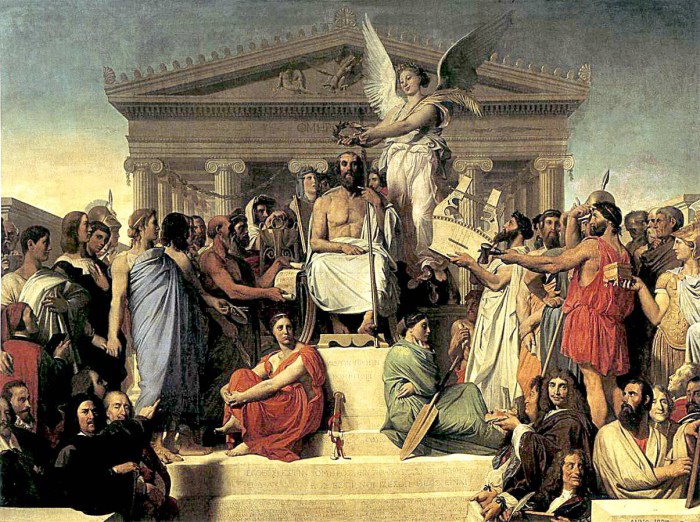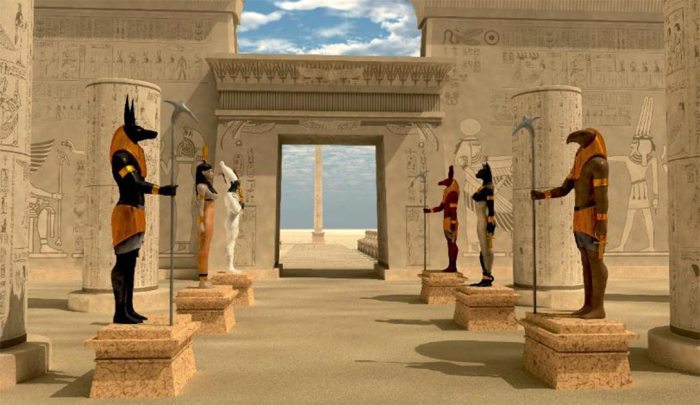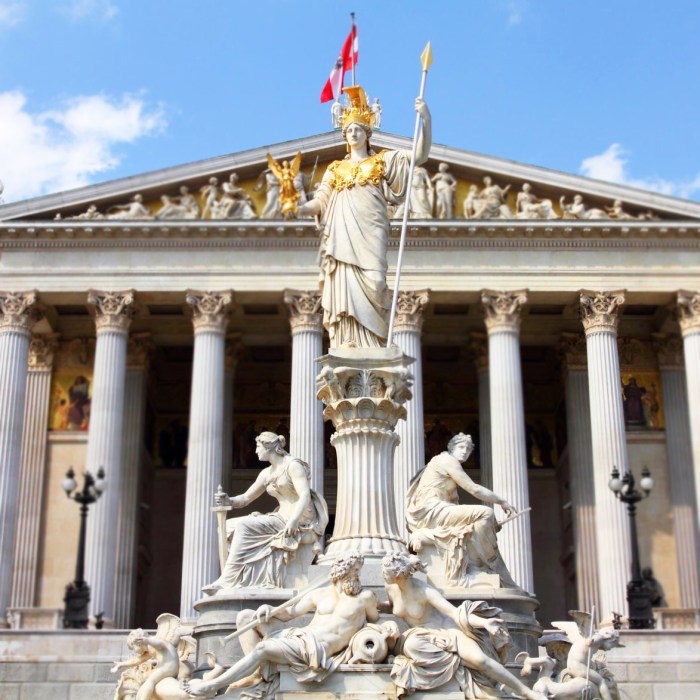Were the Aztecs polytheistic or monotheistic? This question has sparked scholarly debates for centuries, inviting us to delve into the complex tapestry of Aztec beliefs and religious practices. As we embark on this captivating exploration, we shall unravel the enigma surrounding the Aztecs’ spiritual world, examining both polytheistic and monotheistic interpretations and their profound impact on Aztec society and culture.
The Aztecs, an advanced civilization that flourished in Mesoamerica, left behind a rich legacy of art, architecture, and religious beliefs. Their spiritual system was intricate and multifaceted, incorporating elements of both polytheism and monotheism. Understanding the nature of their beliefs is crucial for comprehending the very essence of Aztec civilization.
Were the Aztecs Polytheistic or Monotheistic?

The Aztecs, an ancient Mesoamerican civilization, held a complex and multifaceted system of beliefs that has been the subject of much scholarly debate. While they are widely recognized as polytheistic, worshipping a vast pantheon of deities, some scholars have proposed alternative interpretations that suggest a monotheistic undercurrent in their religious practices.
Polytheistic Beliefs, Were the aztecs polytheistic or monotheistic
Polytheism, as the name suggests, is the belief in multiple gods. The Aztecs believed in a vast pantheon of deities, each with their own specific roles and responsibilities. Some of the most prominent Aztec deities included:
-
-*Huitzilopochtli
The patron god of the Aztecs, associated with war, the sun, and sacrifice.
-*Tlaloc
The god of rain, thunder, and lightning.
-*Quetzalcoatl
The feathered serpent god, associated with knowledge, creation, and wind.
-*Coatlicue
The earth goddess, mother of Huitzilopochtli.
The existence of multiple gods in Aztec society played a significant role in their daily lives. Each deity had its own festivals, rituals, and offerings. The Aztecs believed that the gods were constantly watching over them and could intervene in their lives.
Monotheistic Interpretations
Despite the apparent polytheism of the Aztecs, some scholars have argued that there may have been a monotheistic undercurrent in their beliefs. They point to the concept of Ometeotl, a supreme deity who was believed to be the creator of the universe and the source of all other gods.Ometeotl
was often depicted as a dualistic deity, consisting of both male and female aspects. This duality was reflected in the Aztec belief that all things in the universe had a complementary opposite.While Ometeotl was considered the supreme deity, the lesser gods were seen as intermediaries between Ometeotl and humanity.
They were believed to carry out Ometeotl’s will and to intercede on behalf of humans.
Detailed FAQs: Were The Aztecs Polytheistic Or Monotheistic
Were the Aztecs strictly polytheistic?
While polytheism was prevalent in Aztec society, some scholars suggest that the concept of Ometeotl as a supreme deity may indicate a monotheistic undercurrent.
How did polytheism influence Aztec religious practices?
Polytheism led to the worship of numerous deities, each associated with specific aspects of life and nature. Religious rituals and ceremonies were designed to honor and appease these deities, ensuring their favor and protection.
What was the role of priests in Aztec religious life?
Priests held a revered position in Aztec society, serving as intermediaries between the gods and the people. They performed rituals, made offerings, and interpreted divine messages, playing a crucial role in maintaining the spiritual well-being of the community.

